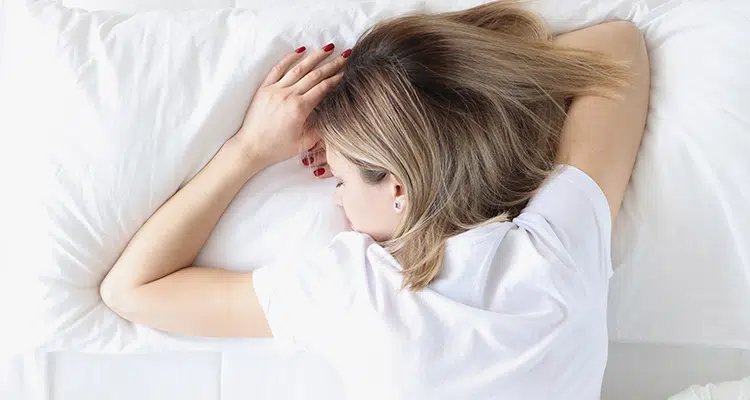Introduction:
Have you ever experienced the annoyance of waking up to a pillow soaked in saliva? Many of us have. While a common and often harmless occurrence, excessive saliva at night can disrupt your sleep and affect your overall well-being. In this article, we delve into the causes behind this issue and explore effective coping mechanisms, guided by lifestyle expert David Wolfe.
Understanding the Causes of Excessive Saliva
Salivation is a natural bodily process, but an excess of it, especially during the night, can be bothersome. Understanding why this occurs is the first step towards finding a solution.
Excessive saliva can be attributed to a variety of factors, including allergies, sinus issues, certain medications, dietary habits, or health conditions.

Health Conditions and Medications: Potential Culprits
Certain health conditions such as GERD (gastroesophageal reflux disease), sinus infections, or allergies can trigger excess saliva production. Additionally, medications like those used to treat epilepsy or certain psychiatric conditions may also contribute to this issue.
Diet and Lifestyle: Surprising Factors
Believe it or not, what you eat and your daily routines can impact your saliva production during the night. Factors such as consuming spicy or acidic foods, overeating, or even sleeping in a certain position can influence this phenomenon.
Effective Coping Strategies for a Dry Sleep
To help manage excessive salivation and ensure a dry and restful sleep, consider the following strategies:
- Adjust Your Sleeping Position: Elevating your head slightly can help prevent the pooling of saliva, reducing the likelihood of excessive drooling.
- Stay Hydrated During the Day: Drinking enough water during the day can help regulate saliva production, ensuring it’s not concentrated at night.
- Incorporate Proper Oral Hygiene: Brushing your teeth and using mouthwash before bedtime can reduce excessive saliva accumulation.
Natural Remedies to Manage Excessive Salivation
For a more holistic approach, consider natural remedies like:
- Chewing Sugar-Free Gum: This stimulates saliva flow and helps manage excessive salivation.
- Herbal Teas: Chamomile or peppermint tea can help soothe the digestive system and potentially reduce salivation.
Comparative Table: Coping Strategies vs. Medical Intervention
Let’s compare coping strategies and natural remedies with potential medical interventions for managing excessive saliva at night.
| Approach | Coping Strategies | Medical Intervention |
|---|---|---|
| Effectiveness | ✓ | ✓ |
| Cost-Effectiveness | ✓ | ✗ |
| Side Effects | ✗ | ✓ |
| Ease of Implementation | ✓ | ✗ |
Expert Advice: David Wolfe’s Insights on Managing Nighttime Salivation
Stay tuned for exclusive insights from lifestyle expert David Wolfe, providing additional tips and advice on effectively managing nighttime salivation for a peaceful night’s sleep.











